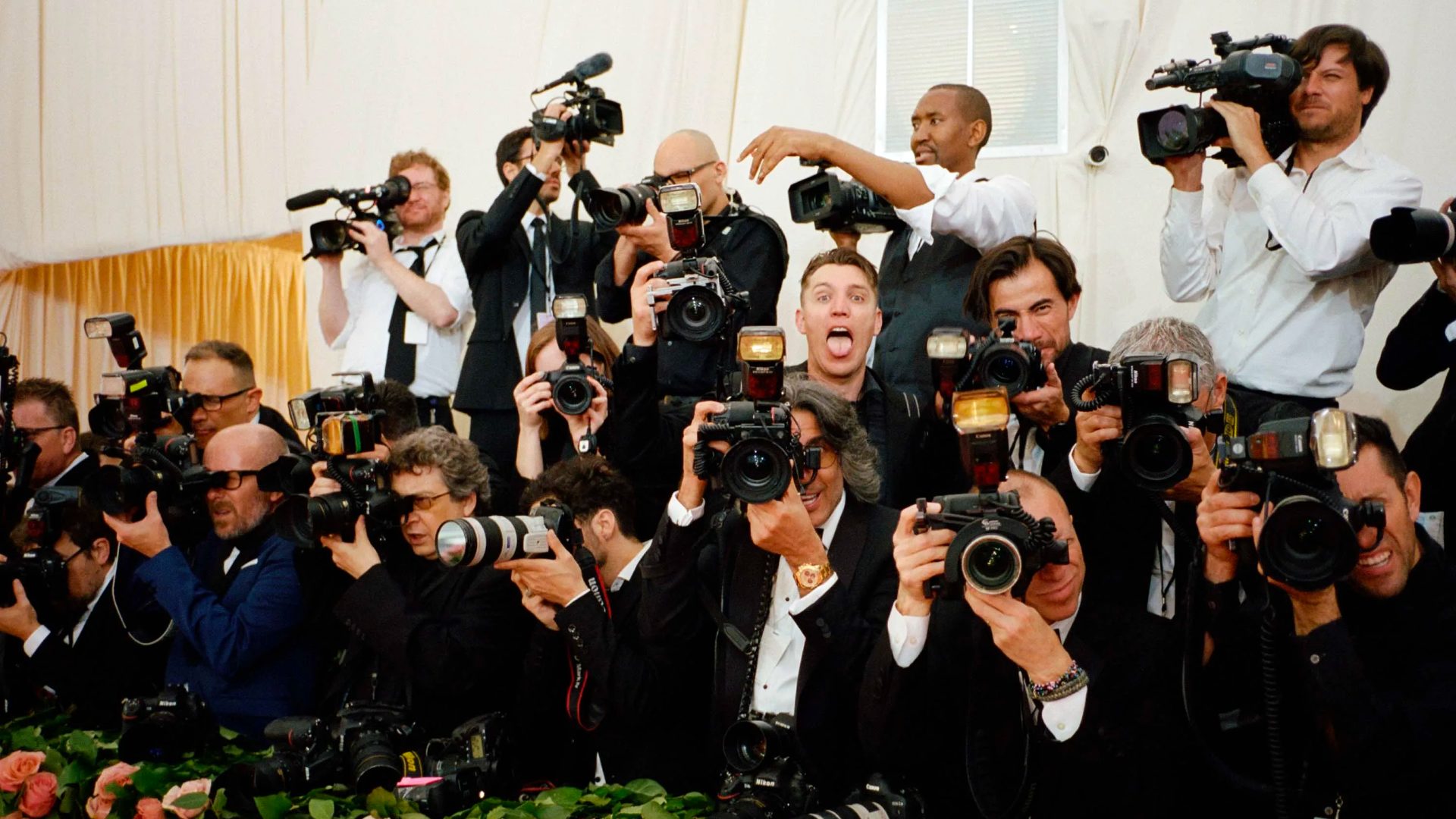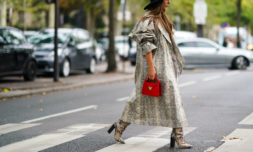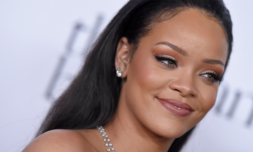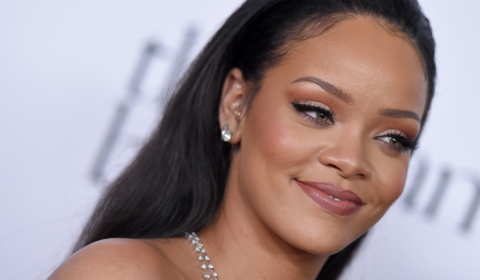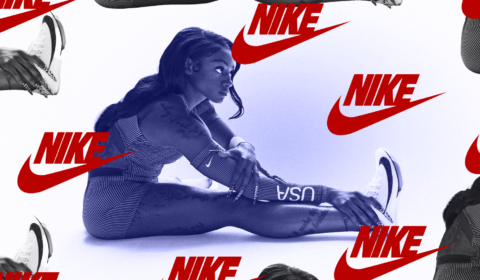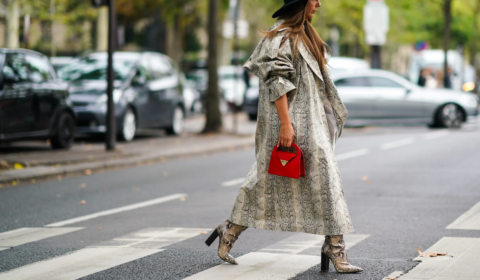Fatphobia
Today, inclusivity is at the forefront of society’s mind. It is woven most prevalently into the value system of younger generations.
Marketing teams from emerging brands know that without making products suitable for everybody and anybody, their consumer base will be limited by default. That said, things weren’t always this way.
Throughout the 90s, models were predominantly rail-thin, and as the tide slowly began to turn in the later 2000s, Karl Lagerfeld made it clear that he was not supportive of body positivity.
In 2009, he told German magazine Focus: ‘No one wants to see curvy women,’ then proceeded to call Heidi Klum ‘too heavy,’ while later labelling Adele ‘a little too fat’.
He also often criticised the weight and eating habits of women in countries like France, England, and America when hearing that the public often criticized his choice of models for being too thin.
Meanwhile, he promoted his diet of Diet Coke and protein sachets and called fashion ‘the healthiest motivation for losing weight.’
Still, Lagerfeld achieved great success for Fendi, Chanel, the company that brandishes his name.
In 1983, he was hired to reinvigorate the Chanel brand, which had been considered a ‘near-dead’ after the death of its founder, Coco Chanel. After Lagerfeld revamped its ready-to-wear collection, Chanel grew in popularity once again.
However, Lagerfeld’s hard stance against social change is one that suits the business’ model. Chanel is notorious for refusing to change its practices in line with the shifting mentalities of society.
It was among one of the last brands to agree to stop using animal furs and exotic skins in 2018, citing a struggle to meet ethical standards for sourcing the material.
And under Karl Lagerfeld’s direction, it continued to use impossibly thin models on its catwalks. Lagerfeld called pressures to widen the representation of runway body types a ‘bore’ and said other brands were ‘ridiculous’ for doing so.
#MeToo & LGBTQ movements
When the #MeToo movement surged in 2018, Lagerfeld wasn’t reserved about sharing his feelings on it.
‘What shocks me most in all of this are the starlets who have taken 20 years to remember what happened. Not to mention the fact there are no prosecution witnesses,’ he told Numéro mag.
Speaking on its impact on the fashion world, Lagerfeld said ‘I read somewhere that now you must ask a model if she is comfortable with posing. It’s simply too much, from now on, as a designer, you can’t do anything.’
Playing devil’s advocate, some might say he found new standards were confining his creativity. But after Australian Victoria’s Secret model Bridget Malcom spoke out about being sexually assaulted by stylist Karl Templer on set, there was no room left for doubt.
Karl Lagerfeld defended Templer.
A year before his death, he commented on the #MeToo allegations put forward by models: ‘If you don’t want your pants pulled about, don’t become a model! Join a nunnery, there’ll always be a place for you in the convent.’
He went on to say he was ‘fed up’ with other #MeToo allegations emerging in Hollywood at the time. Across the internet, he was called a rape apologist.
Karl Lagerfeld was also openly unsupportive of gay marriage. In 2010, he stated in an interview with Vice, ‘I’m against it (gay marriage) for a very simple reason: In the 60’s, they all said we had the right to the difference. And now, suddenly, they want a bourgeois life.’
‘For me it’s difficult to imagine—one of the papas at work and the other at home with the baby. How would that be for the baby? I don’t know. I see more lesbians married with babies than I see boys married with babies. And I also believe more in the relationship between mother and child than in that between father and child.’
At the time of Karl Lagerfeld’s death in February 2019, Jameela Jamil, a well-known women’s rights activist and actress, labelled Karl Lagerfeld a ‘ruthless, fat-phobic misogynist.’
Hearing of the Met Gala’s decision to honour him, she reminded her audience that although he was a ‘supremely talented’ designer, he ‘used his platform in such a distinctly hateful way, mostly towards women up until the last years of his life.’
She went onto say these acts were indicative of ‘showing no remorse, offering no atonement, no apology, no help to groups he attacked… there was no explanation for his cruel outbursts.’
It may be helpful to draw parallels to a situation unfolding at this moment.
We are currently watching Kanye West’s fanbase dwindle day by day, as he makes outrageous statements opposing the Black Lives Matter movement and posts antisemitic comments on social media.
Sure, these people have broken major boundaries in their creative field, but it’s worth asking the question – can we truly separate an artist’s character from their work?
Organisers of the Met Gala, despite it all, don’t seem to think so. I find it a difficult question to answer myself.
It will be interesting to see how those in attendance next May choose to honour Lagerfeld’s legacy, if they adhere to the theme at all.









